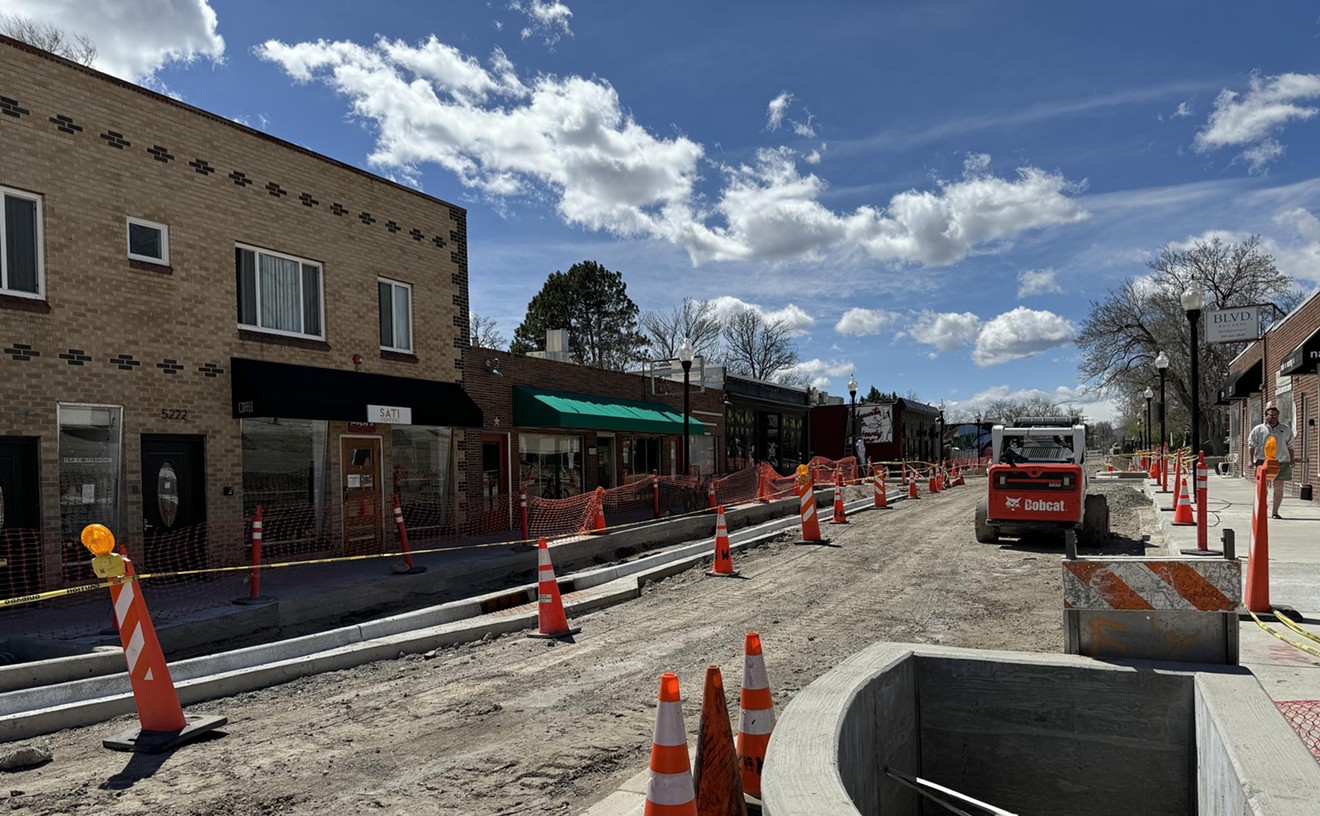Novella Carpenter is a badass.
No, seriously. Bad. Ass. And her book, Farm City: The Education of an Urban Farmer, is basically a chronicle of her bad-assery.
What is it that makes her so tough? What is it that makes me heart her big time? Simple. She became a farmer.
In the middle of Oakland, California.
Yeah, that Oakland. And her address was not in one of the "nice" parts of Oakland, either. She started her farm in an abandoned lot next to her apartment on a dead-end street in the Ghosttown neighborhood. Don't know it? Here's a bit of what Wikipedia has to say:
"Ghost Town (sometimes spelled Ghosttown) is the informal name of the Foster Hoover Historic District neighborhood in West Oakland. The community is known for its violence and blight. The name probably originated from the two casket companies operating side by side on Filbert Street between 30th and 32nd Streets. Other explanations for the name may have originated in the times when eminent domain forced hundreds of families out of their homes and the town looked like a ghost town. Another anecdote refers to the town as having so many killings it was becoming a ghost town."
Yeah, baby. That's hardcore.
Really, though, the book isn't actually about the neighbors or the neighborhood. Both play their parts, for sure (like in one of my favorite moments, when Carpenter catches a possum in her yard that's just killed some of her birds -- she beats the thing down with a shovel, and then one of her neighbors comes over to offer the loan of a pistol to finish the job), but the story is truly about the highs and lows of raising the food one will live on.
Carpenter wasn't just a hobby farmer. She wasn't just some crazy locavore who thought it'd be fun to grow a few carrots and some sweet basil in a window box in order to feel more connected to the land. No, she (and her boyfriend Bill) had a full-blown subsistence garden in their squatter's lot. Novella kept chickens and ducks and turkeys, bees and rabbits and pigs. When the time came to slaughter the birds, she did it herself. Ditto the bunnies.
She lived for a month on nothing but what she was able to grow or raise herself, and tells excellent stories about nights spent dumpster diving in Chinatown and behind some of Oakland's trendy restaurants (a good distance from her neighborhood) in order to get the greens and cake and bread and protein that kept her animals fed. She gives forth lessons about bees and about salami-making (taught to her by Chris Lee of Eccolo -- one of the restaurants whose dumpsters she used to raid), about life and death in both natural and (completely) unnatural surroundings.
And honest to Jesus, if every mewling locavore and pissed-off foodista out there was like Carpenter -- if every one of them actually had her convictions and her dedication and her wealth of humor and spirit rather than just the standard-issue scowl, wagging finger and statistics about what everyone else is doing wrong -- I would join up in a minute. Carpenter's is the kind of revolution I can get behind. Her book is like a manual for making the most of living on the grid.
This is one worth picking up, folks. Like, now. Carpenter is a great writer to start and has an excellent story to tell, but what makes this book special is that she approaches it so fearlessly and with such bright-eyed recklessness that even the worst moments of her personal odyssey come off like vital learning experiences, and the best ones?
They just seem like a helluva lot of fun.










